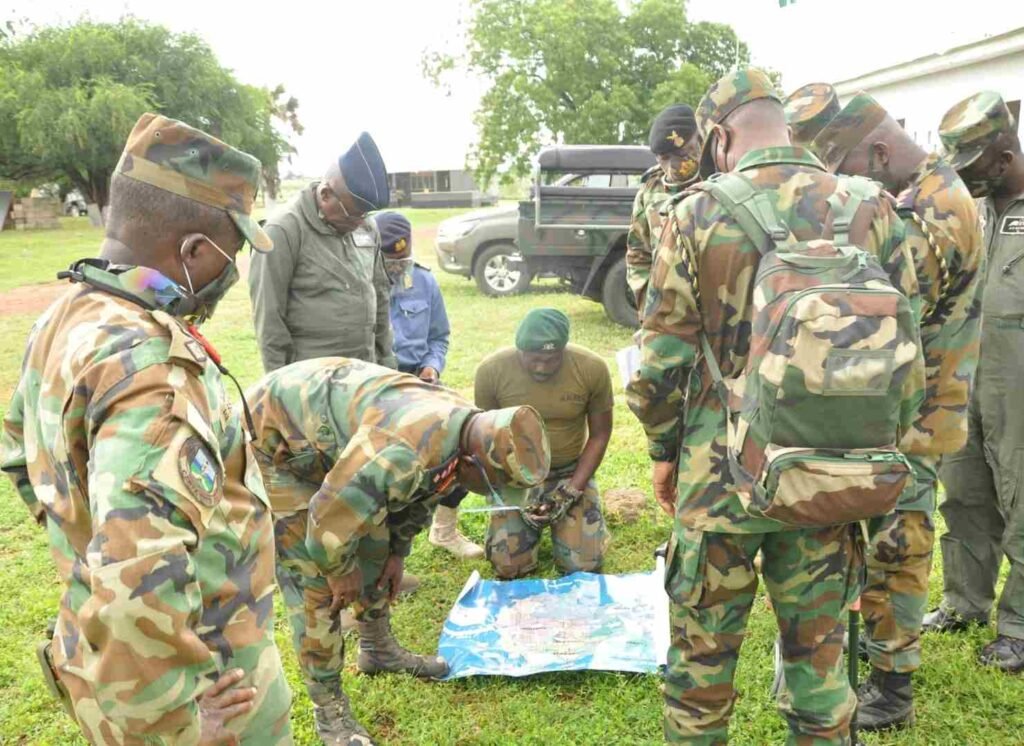
Nine Ghanaian soldiers are facing court-martial, accused of insubordination for refusing the COVID-19 vaccine during their 2020 mission in Lebanon. But the real story, according to sources close to the military and government, may have little to do with the vaccine and everything to do with politics and tribalism.
The soldiers, all from the 87th Battalion of Ghana’s United Nations Interim Force in Lebanon (UNIFIL GH), were initially sent home after refusing to take the voluntary COVID-19 vaccine offered by the UN. Although the vaccination was not mandatory, Ghana’s military leadership seized on their decision as a reason to remove them from the army, even forcing them to pay for their repatriation.
Fast-forward to early 2021 when the soldiers were arrested and detained for over a week. They were later notified of their dismissal from the military, with their salaries also being reduced. Despite a ruling by the Accra High Court ordering the reinstatement of their wages and the annulment of their dismissal, the military pressed ahead with their court martial.
What’s raising eyebrows is that some say the dismissal isn’t truly about the vaccine, but a politically charged move. Investigations suggest the soldiers were being targeted for their alleged ties to the opposition National Democratic Congress (NDC), as well as their tribal backgrounds, which are traditionally seen as non-aligned with the ruling New Patriotic Party (NPP).
Insiders suggest the Army’s leadership is using the vaccination issue as a pretext to eliminate soldiers they believe might be sympathetic to the NDC in the run-up to an election year. Critics have claimed the court martial is a thinly veiled political purge, targeting soldiers with opposing political views.
Despite the court’s earlier intervention, which annulled the decision to cut their salaries, the military is doubling down, arguing that the soldiers’ refusal to take the vaccine is grounds for insubordination. But many are questioning if the soldiers’ actual crime is their political leanings, and whether the army is simply using the COVID-19 jab as a convenient excuse.
The case, which began with salary cuts, now threatens the soldiers’ entire military careers. With the court martial nearing its final ruling, it’s clear this case is about more than just a vaccine – it’s become a battle of politics, loyalty, and power. The fate of the nine soldiers could set a dangerous precedent for military interference in political affairs.
As the court awaits its final verdict, one thing is clear – the scandal surrounding these soldiers has exposed deep fractures within the military and raised questions about the lengths some in power are willing to go to protect their political interests.
Curled from whatsupnewsghana.com







